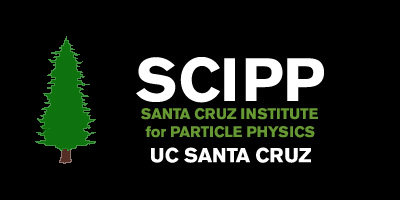Research Interests
After completing his Ph.D. in experimental particle physics at UCSC, Dr. Grillo worked in the electronics industry for twelve years on the development of a novel technology for computer memory and on the development of statistical simulation techniques for integrated circuit fabrication processes. He also worked for a short time as part of the Controls Group at the Stanford Linear Accelerator Center before returning to UCSC. He joined the Santa Cruz Institute for Particle Physics (SCIPP) in 1992 to work on the development of silicon micro-strip detector systems for particle physics experiments and especially radiation-hardened integrated circuits for readout of such detectors.
During his tenure at SCIPP, Dr. Grillo has worked on the development of the SDC detector for the planned but cancelled Superconducting Super Collider in Texas, the design of the BaBar detector for experiments to study the asymmetry of matter and anti-matter at the Stanford Linear Accelerator Center, the development of instrumentation used to study the in-vitro stimulation and electrical readout of live retina tissue, and the development of the Heavy Photon silicon tracker to search for a possible form of dark matter at the Jefferson Laboratory in Virginia. His primary focus starting in 1994 was on the ATLAS detector now operating at the Large Hadron Collider at the CERN laboratory in Geneva, Switzerland, which was used very successfully to discover the Higgs Boson in 2012 and continues the search for answers for other unexplained phenomena such as the source of dark matter.
For the international ATLAS collaboration, he served as Electronics Coordinator for the Semi-Conductor Tracker (SCT) sub-system during its design and construction phases, coordinating the work of institutes from eleven different countries. He then served as manager of U.S. maintenance and operations of the Pixel and SCT sub-systems of ATLAS. Starting in 2005, he became engaged in the development of the readout system for the upgrade of the ATLAS tracker (the ITk). He served as the ITk Common Electronics coordinator for 5 years coordinating the designs of both the electrical services and the readout of this complex detector system. This included the implementation of the grounding and shielding strategy originally developed for the SCT and then applied to the more complex ITk.
He continues to pursue his interests in instrumentation for particle physics, in particular, the ATLAS detector upgrade.
Dr. Grillo also served as president of the Upsilon Chapter at UCSC of the Phi Beta Kappa honor society and continues to remain active in its work.
Present Collaboration Involvement: ATLAS

